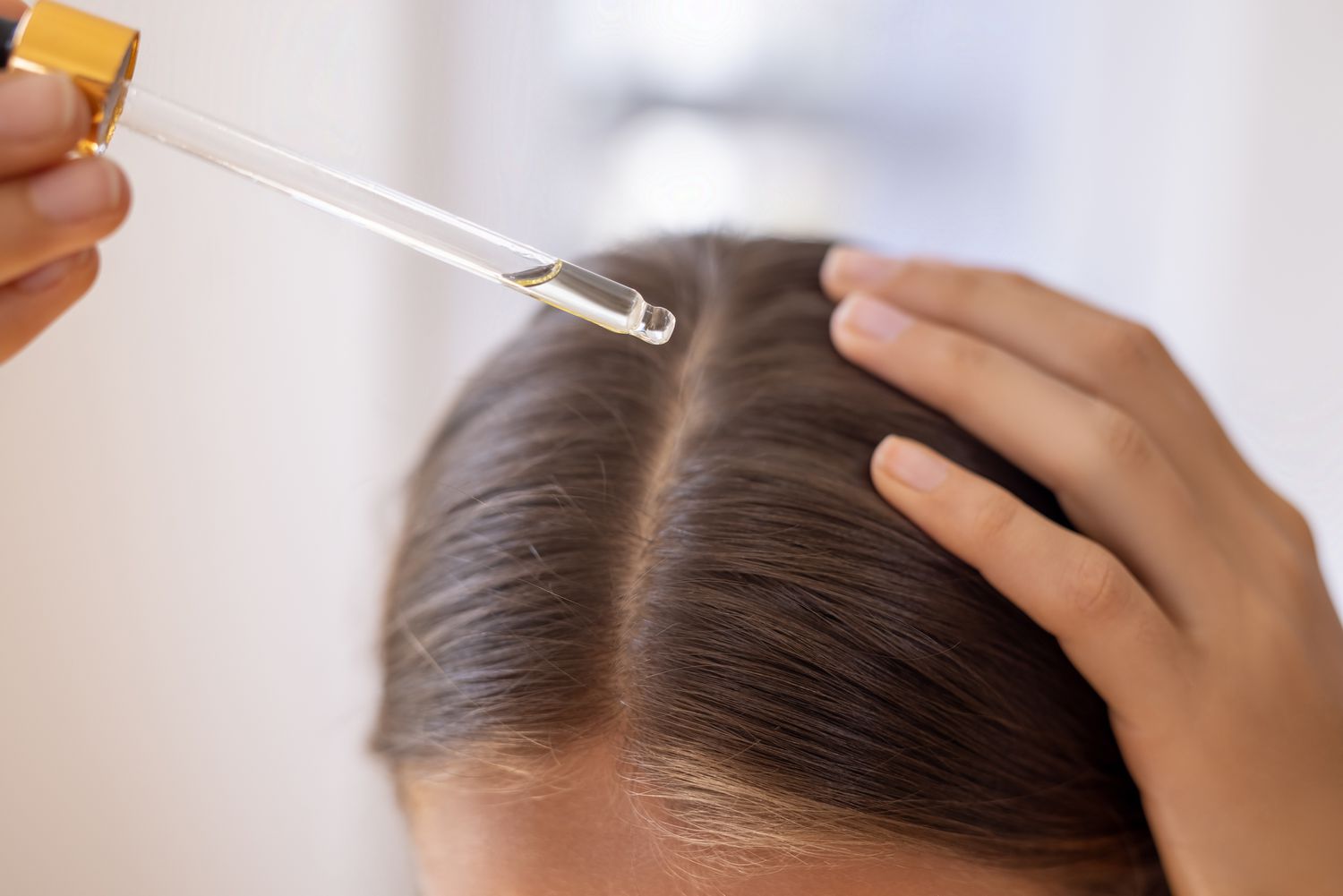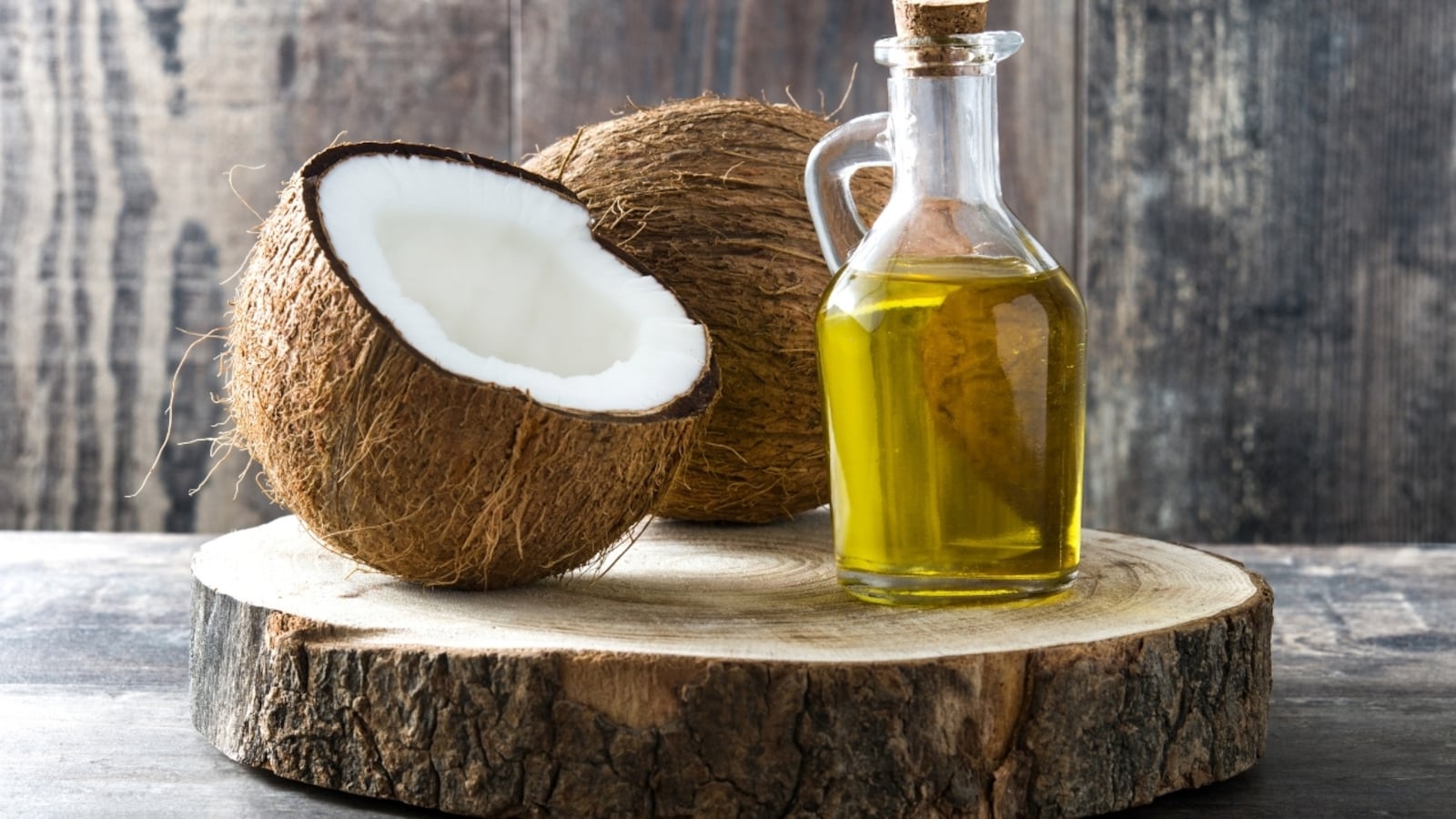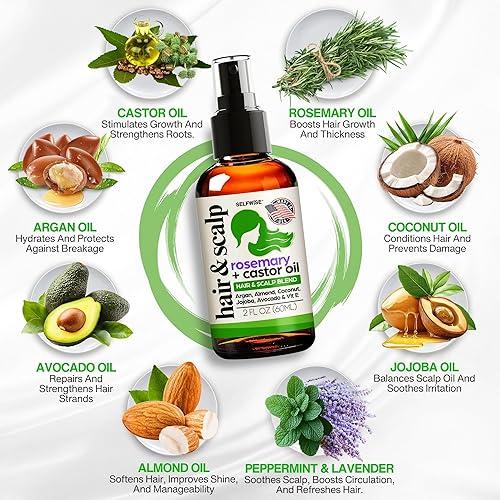


Date: 03 Nov 2025
In recent years, the beauty and wellness industry has witnessed a major shift toward natural hair care solutions. Among these, natural oils have become a go-to for those seeking longer, stronger, and shinier hair.
But with hundreds of online claims and product recommendations, it’s easy to wonder — do natural oils truly promote hair growth, or is it all marketing hype?
Let’s break down the facts versus the myths to help you make informed choices for your hair care journey.
The short answer is — yes, but indirectly. Natural oils do not magically sprout new hair follicles. Instead, they create an optimal environment for growth by nourishing the scalp, improving blood circulation, and reducing hair breakage.
For example, oils such as coconut, castor, and rosemary contain essential fatty acids, antioxidants, and nutrients that strengthen hair strands from root to tip. A healthy scalp equals better hair retention — which gives the appearance of faster growth.

Rich in ricinoleic acid and vitamin E, castor oil is famous for its thick, glossy texture and its ability to lock in moisture. It strengthens the roots and coats each strand to prevent breakage. Regular use can make hair appear denser, especially when applied to thinning areas.
However, due to its heavy consistency, it’s best mixed with lighter oils like coconut or jojoba to enhance absorption and avoid scalp buildup.
Coconut oil is a natural favorite — and for good reason. Its molecular structure allows it to penetrate the hair shaft deeply, reducing protein loss during washing or styling. It’s ideal for dry, damaged, or frizzy hair, providing moisture and shine while minimizing split ends.
A consistent coconut oil routine can make your hair softer, smoother, and less prone to breakage, which helps preserve length over time.
Argan oil, sourced from Morocco, is rich in antioxidants, vitamin E, and omega fatty acids. It smooths frizz, adds luster, and protects the hair from UV damage and heat styling. While it doesn’t directly stimulate new growth, it supports overall scalp health — a crucial factor in maintaining strong, beautiful hair.
It’s lightweight, making it perfect for daily use or as a finishing oil to seal moisture.
Among all essential oils, rosemary oil has gained the most scientific backing. A 2015 clinical study in the Journal of Dermatology found that rosemary oil performed almost as effectively as minoxidil (a common hair growth treatment) in promoting new growth when used consistently over six months.
It boosts blood circulation in the scalp, stimulates follicles, and may help slow hair thinning.
Even the best oils won’t deliver results if applied incorrectly. The how matters just as much as the what.
For best results, apply oil treatments 2–3 times a week and adjust based on your hair type and scalp sensitivity.

Science and personal experiences often tell complementary stories.
While research shows that natural oils primarily strengthen and protect hair, customers worldwide swear by their visible results. Many report improved shine, fewer tangles, and thicker-looking hair after consistent use.
However, results vary depending on genetics, lifestyle, and consistency. Science reminds us that while oils nourish and protect, they can’t override factors like hormonal imbalance or nutritional deficiencies. Still, incorporating oils into a balanced hair care routine can make a noticeable difference in hair health and resilience.
Natural oils are not a miracle cure — but they are powerful allies in achieving strong, healthy hair. With consistent use, the right oil blend, and proper scalp care, your hair can thrive naturally. Remember, the goal isn’t just growth — it’s nourishment, protection, and long-term health.
1. How often should I apply oil for hair growth?
Ideally, 2–3 times a week is enough. Over-oiling can clog pores and attract dirt, so moderation is key.
2. Can I mix different oils together?
Yes! Blending oils allows you to combine benefits — for example, mixing castor and coconut oil enhances strength and hydration simultaneously.
3. How long does it take to see results?
Visible improvements like reduced breakage or enhanced shine can appear in 3–4 weeks. However, noticeable growth changes often take about 2–3 months of consistent care.
4. Can I leave oil in my hair overnight?
Absolutely. Overnight treatments provide deep conditioning — just be sure to cover your hair with a satin bonnet or towel to protect your bedding.